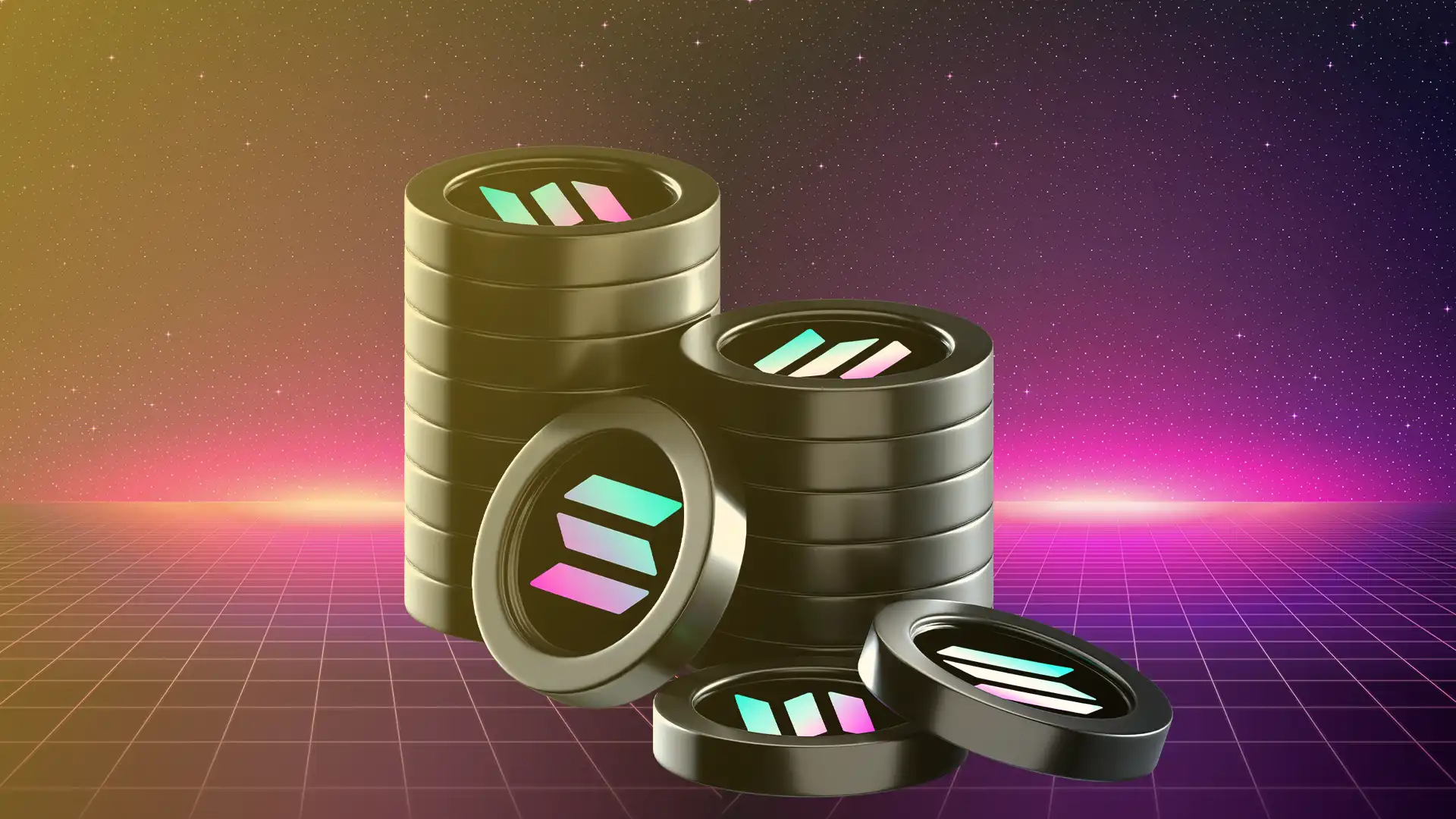|
Getting your Trinity Audio player ready...
|
Uniswap Labs has unveiled Unichain, its new layer-2 blockchain, promising major gains for UNI tokenholders while potentially denting Ethereum’s revenue streams. The launch, which went live on October 10, marks a significant shift in the decentralized finance (DeFi) landscape, with industry insiders already forecasting ripple effects across the ecosystem.
A $500 Million Boost For Uniswap Labs
According to Michael Nadeau, founder of DeFi Report, Unichain could bring close to $500 million annually in fees to Uniswap Labs—revenue that would have previously gone to Ethereum validators. In the last year alone, Uniswap paid $368 million in fees to Ethereum, but now those funds will flow directly to Uniswap Labs and its tokenholders, Nadeau highlighted in an October 13 post on X (formerly Twitter).
Uniswap Labs will also control all Maximum Extractable Value (MEV) on Unichain—a significant departure from Ethereum’s model, where validators profit by reordering transactions in a block. MEV represented 10% of the total fees generated on Uniswap last year, roughly $100 million. Now, this revenue stream will be captured by Unichain participants, giving the exchange greater autonomy over its ecosystem.
With the shift to Unichain, UNI tokenholders are poised to benefit. Uniswap Labs could share MEV profits directly with tokenholders, adding more value to the UNI token. Liquidity providers (LPs) also have reason to celebrate, as they can participate in the MEV capture process through staking, enhancing their returns and aligning more closely with Uniswap’s long-term growth.
This new dynamic could increase user incentives and attract fresh capital to the platform, further consolidating Uniswap’s dominance in the DeFi sector.
Ethereum’s Validators Face the Fallout
While Unichain is a win for Uniswap, it spells potential trouble for Ethereum validators and ETH holders. The new blockchain diverts fees that previously helped sustain Ethereum’s validators and contributed to the ETH burn mechanism, which controls the cryptocurrency’s supply. With fewer fees flowing through Ethereum, validators’ income could shrink, and reduced ETH burning may negatively impact the token’s value.
Ethereum’s co-founder, Vitalik Buterin, has been skeptical about Unichain from the start. In a September 2022 post, Buterin criticized the concept, arguing that Uniswap’s strength lies in its simplicity. Now, with the new blockchain live, time will tell whether his concerns hold up—or whether Unichain will usher in a new era of innovation for DeFi.
Also Read: Uniswap Launches Unichain – 250ms Block Times Aim To Revolutionize Ethereum Transactions
A Pivotal Moment in the DeFi Evolution
With Uniswap generating over $1.3 billion in fees across multiple chains—including Ethereum, Optimism, BNB Chain, Base, and Polygon—the launch of Unichain could set the stage for a major redistribution of revenue in DeFi. The move not only gives Uniswap Labs a stronger grip on its ecosystem but also raises critical questions about Ethereum’s future role in the space.
Whether Unichain proves to be a revolutionary force or a risky gamble, it undeniably represents a new chapter in the evolution of decentralized finance. For now, UNI holders are riding the wave, while Ethereum’s validators brace for leaner days ahead.
Disclaimer: The information in this article is for general purposes only and does not constitute financial advice. The author’s views are personal and may not reflect the views of Chain Affairs. Before making any investment decisions, you should always conduct your own research. Chain Affairs is not responsible for any financial losses.




